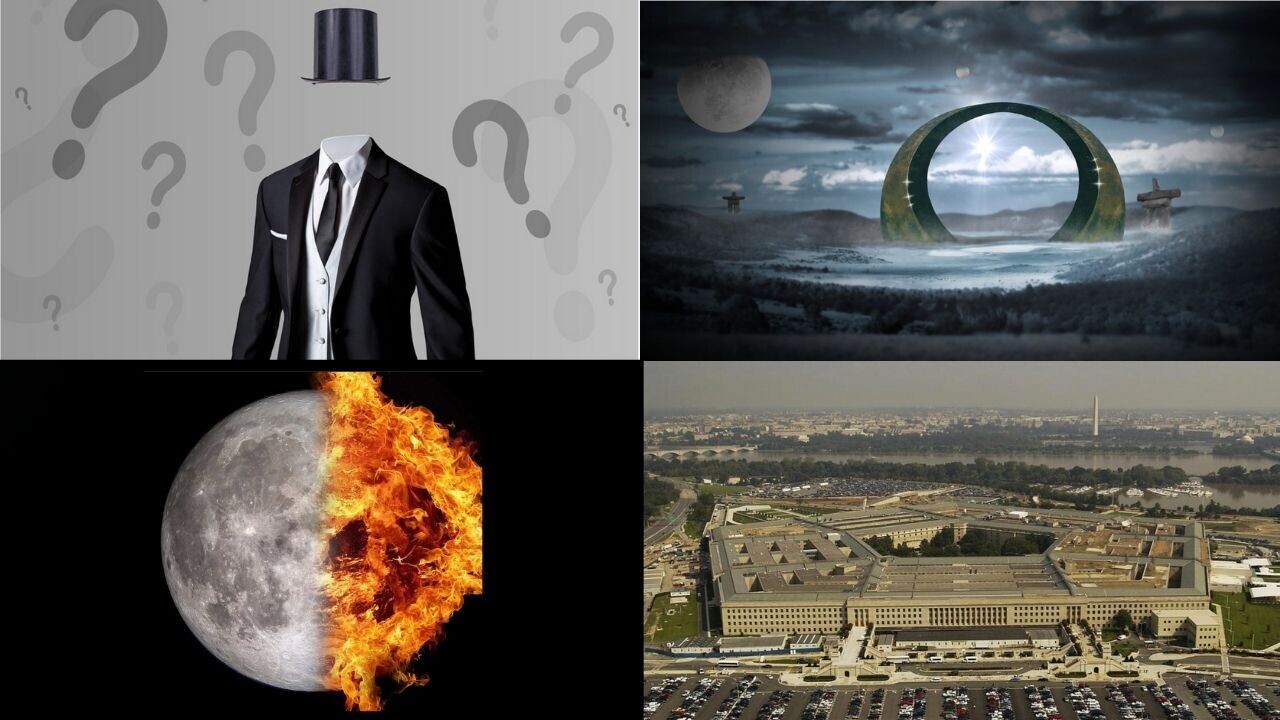
New documents have exposed a bizarre and futuristic array of tech explored by a shadowy US government unit.
The ideas were investigated by the Advanced Aerospace Weapons System Application Program (AAWSAP).
The unit was funded by the Defense Intelligence Agency (DIA) and reportedly has roots in UFO research.
The Pentagon claims the AAWSAP has been shut down but has provided little detail on its work — until now.
The new revelations emerged from almost 1,600 pages of reports, contracts, presentations, briefings, and memos that the DIA released to Motherboard. They show that the program wasn’t only interested in UFOs.
Motherboard has kindly shared the tranche of documents — which gave us a chance to dig into the most outlandish projects.
Invisibility cloaking

In a 2009 document sent to the then-deputy secretary of defense, the DIA praised a report on invisibility cloaks:
Overall, this is a nice qualitative description of the rapidly moving field of invisibility and cloaking and can serve as a good starting point for someone interested in diving into the details of this new technology.
The report describes a cloaking device that hides both an object and the act of hiding itself:
Perfect cloaking devices are impossible because they require materials where the speed of light approaches infinity. Imperfect cloaking devices could be made. Such devices would implement suitable curved-space geometries.
The report predicts that making such a tool will rely more on theoretical research than on advances in new materials. Yet the biggest barrier envisioned isn’t tech — it’s imagination.
Stargates

Stargates are already popular in science-fiction. The program had designs on making them a reality.
The theoretical devices would provide a path through wormholes that connect universes, dimensions, and times.
A 2010 AAWSAP report imagines space travelers using wormhole-stargates near the Earth’s surface, in Earth’s orbit — or anywhere else in the solar system. They would then pass through the stargate and come out the other side in remote spacetime “within seconds,” moving through the wormhole throat at speeds of 30 mph! and with no time dilation effects.
The explorers could travel through the stargates in small scout ships, which wouldn’t need vast propellant mass ratios or extensive life support provisions.
“Explorers could spend all day investigating the remote spacetime location and then return home through the stargate in time to have dinner with their families,” the document anticipates. “If explorers were to really push the envelope, they would design their stargate so they could return from their voyage in time to wave goodbye as as they see themselves depart on their journey.’
The report says that designing a stargate from wormhole physics is “a straightforward exercise” and that “it is very easy to build a time machine, given a traversable wormhole.”
Unfortunately, “time travel via wormhole was beyond the scope of this paper,” the authors add forlornly.
Nuking the moon

It’s often said that we know more about the moon than the seafloors of Earth — yet we’ve barely scratched the surface of our nearest neighbor in space.
One of the AASWP projects aimed to dig a little deeper.
A 2010 document proposes reaching the moon’s center through a novel technique: nuclear explosions.
This would create a tunnel to the moon’s gravitational potential well, which could provide negative masses to create “a propulsion system without limits.”
“Making a tunnel through the moon, provided there is a good supply of negative mass, could revolutionize interstellar space flight,” wrote the report’s author. “A sequence of thermonuclear shape charges would be required to make such a tunnel technically feasible.”
The document predicts that the number of thermonuclear explosives required would be “quite reasonable, and certainly much less than the number of required fission explosives.”
After the nuclear explosions crush the lunar rocks and the heat is removed, the tunnel wall would be made from ceramic material, as the water needed for concrete would be in short supply.

These ideas may be intriguing, but the AAWSAP’s apparent failure to produce real systems suggests the program was a waste of money.
At least, that’s how it appears to us civilians on Earth. But if the results are hiding under invisibility cloaks, in lunar tunnels, or down traversable wormholes, we’d be none the wiser.
Get the TNW newsletter
Get the most important tech news in your inbox each week.





